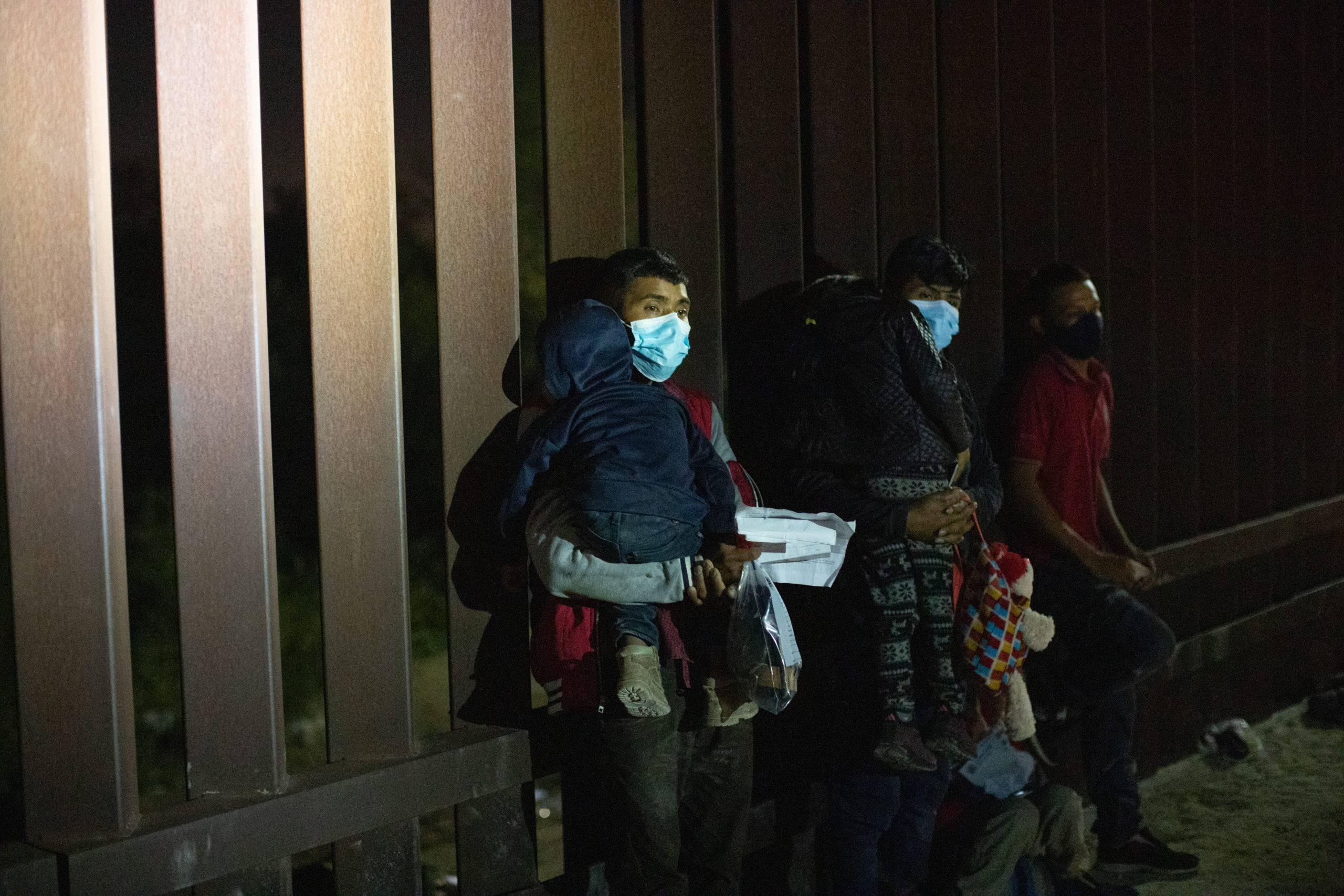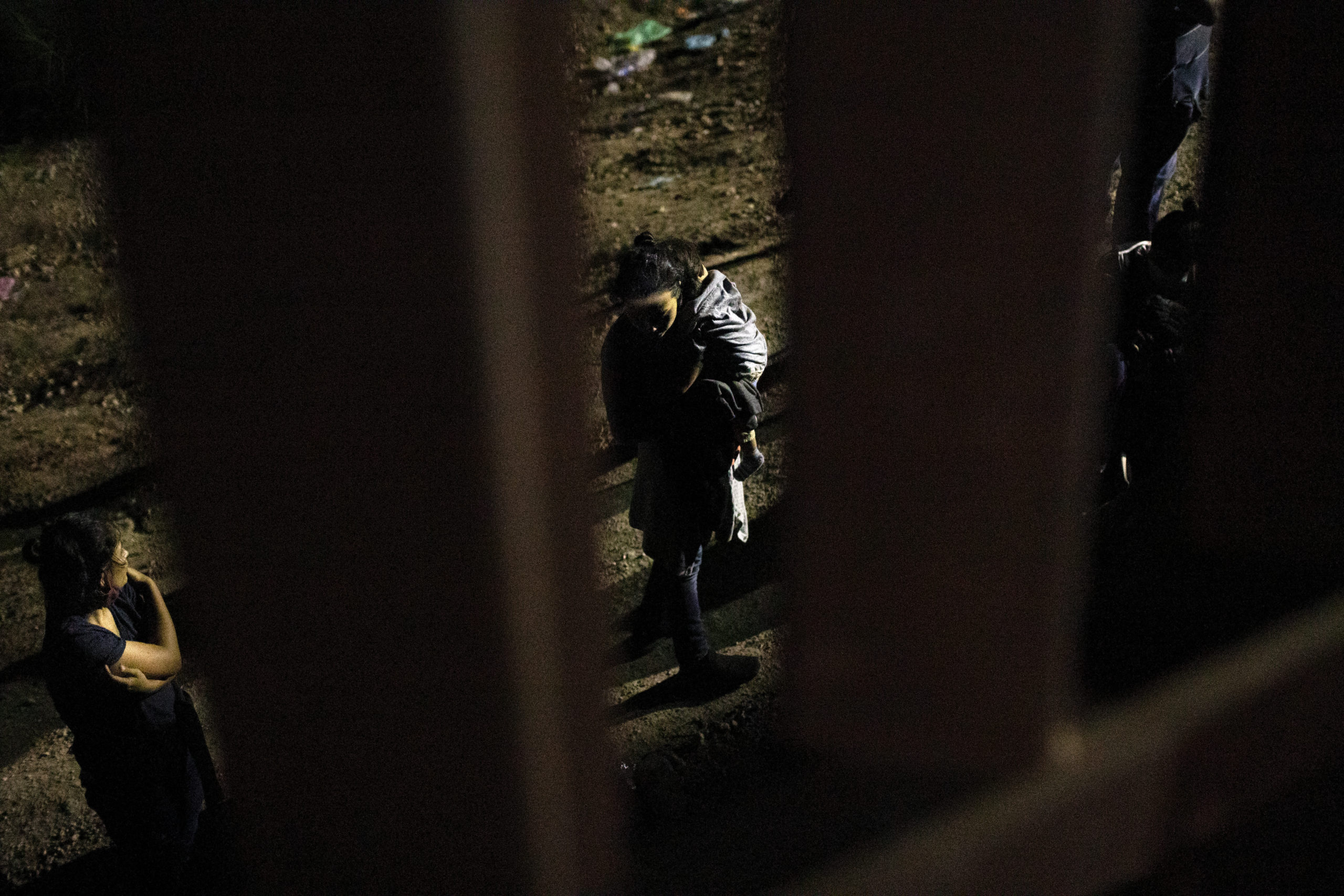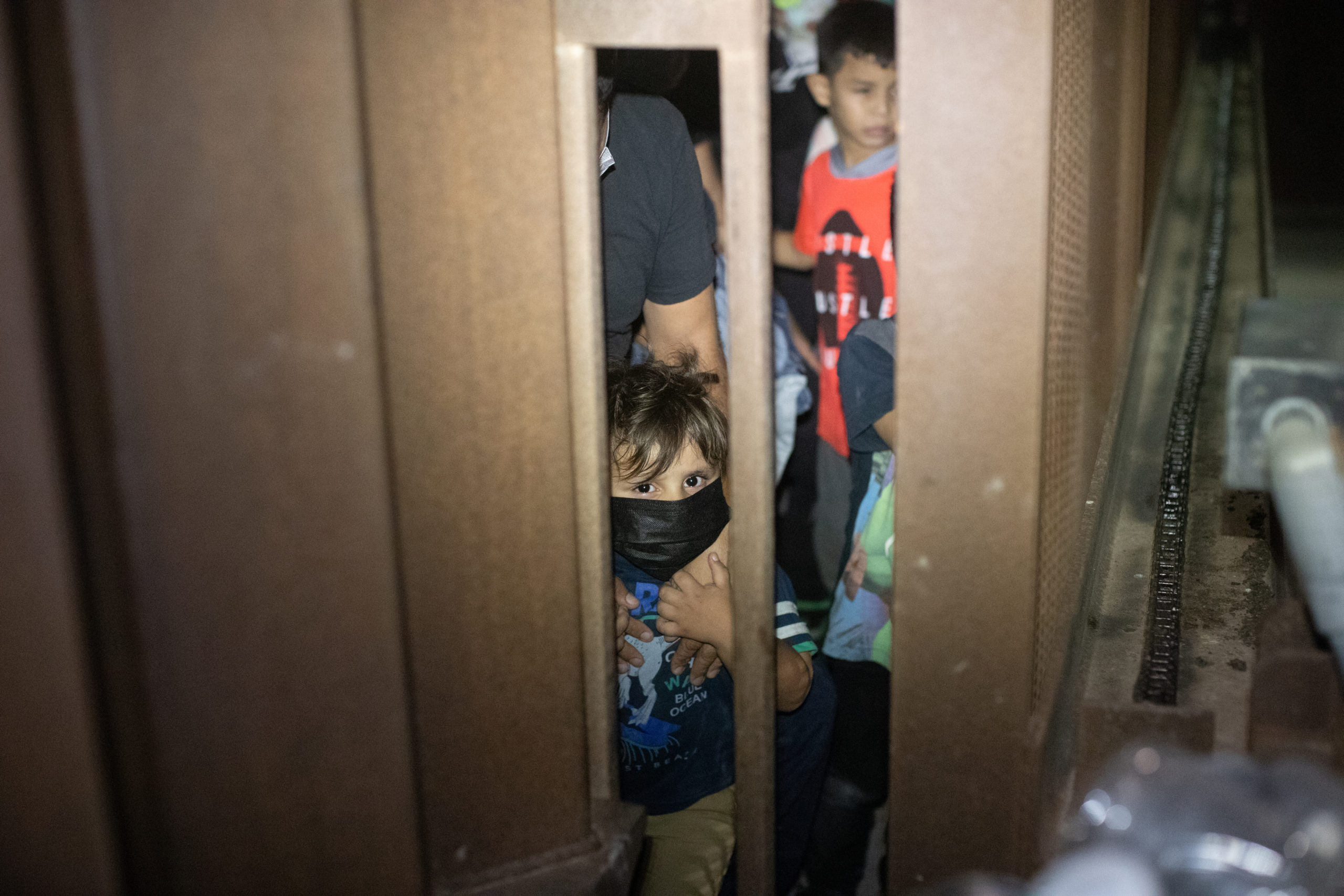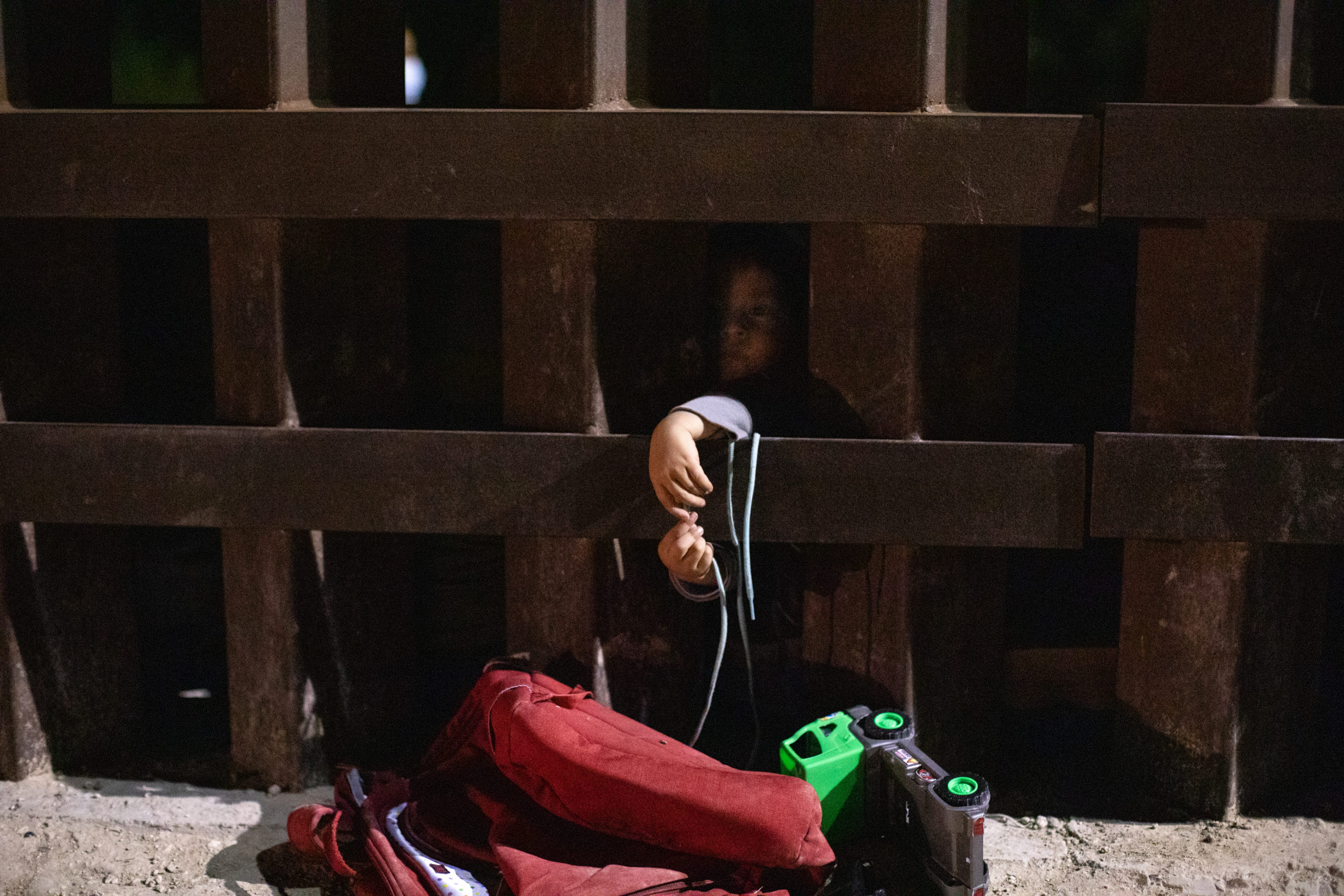US
‘It’s Terrible To See Kids Like That’: Migrant Parents Describe What They Put Their Children Through To Come To America
No featured image available
- Cartels kidnapped migrants trying to make it to the U.S. while others were locked in stash houses for days on end.
- “We were abducted almost 15 days, and we thank the Lord that he helped us escape,” Sila, a migrant from Honduras, told the Daily Caller News Foundation.
- Some migrant families were locked in stash houses with little to no air circulation, food or water, including a migrant man from Ecuador who told the DCNF about the incident.
HIDALGO, Texas — Though most migrants deny paying anyone to help them illegally enter the U.S. a few spoke to the Daily Caller News Foundation about their experience being trapped in a Mexican stash house and getting kidnapped by cartels.
Jorge and Sila of Honduras were traveling to the U.S. with their small boy when they were kidnapped by the Gulf Cartel in Mexico, the migrants told the Daily Caller News Foundation. Sila said migrants who use guides to reach the U.S. are more likely to be kidnapped by cartels than those who travel alone, so they avoided help from coyotes.
“We were abducted almost 15 days, and we thank the Lord that he helped us escape,” Sila told the DCNF. “They [cartel members] yell at them [migrants] horribly. They do things in front of the children.”
The Gulf Cartel is one of the oldest cartels in Mexico, though the criminal organization has lost some of its influence and territory to rivals in the last few years, according to Insight Crime.
The cartel operates within the Mexican state of Tamaulipas, where Reynosa is located, according to Spectrum News 1. Reynosa is the closest border town to McAllen, Texas, where bodies suspected of being cartel members and migrants were found burned on Jan. 19.
Migrants are targeted for kidnapping, extortion and assault by local gangs and cartels in Tamaulipas more than anywhere else in Mexico, Spectrum News 1 reported.
Sila said the cartels commit violent acts in front of the migrant children. It took the family two months and 15 days to reach the U.S., where they plan to connect with a friend from Indianapolis.

Migrants waited on a levee into the early morning to be processed by border officials after illegally entering the U.S. near the Hidalgo Point of Entry in Hidalgo, Texas, on August 8, 2021. (Kaylee Greenlee – Daily Caller News Foundation)

Groups of migrants waited on the other side of the border wall after illegally entering the U.S. near the Hidalgo Point of Entry in Hidalgo, Texas, on August 8, 2021. (Kaylee Greenlee – Daily Caller News Foundation)
An Ecuadorian man, his wife and their young son sat on a dirt road while border officials processed a group of around 50 migrants waiting on a levee at a gate near the McAllen – Hidalgo International Bridge after illegally entering the U.S. The boy slept in his mother’s arms as his father tearfully recounted the days the family was forcibly held at a stash house in Reynosa, Mexico, before crossing the border into Hidalgo.
“They were putting us in a room in the heat. There were kids there that couldn’t tolerate it, they were dehydrated,” the man told the DCNF, the family declined to give their names for fear of retribution.
“We arrived there [at a stash house in Reynosa, Mexico] and found other families there, and they were there over 3 days without air and little food and water,” the man said. The family sought out assistance from cartels to get to the U.S., though they did not say which organizations they met with.

Groups of migrants waited on the other side of the border wall after illegally entering the U.S. near the Hidalgo Point of Entry in Hidalgo, Texas, on August 10, 2021. (Kaylee Greenlee – Daily Caller News Foundation)

Groups of migrants waited on the other side of the border wall after illegally entering the U.S. near the Hidalgo Point of Entry in Hidalgo, Texas, on August 8, 2021. (Kaylee Greenlee – Daily Caller News Foundation)
“We begged and begged for them to let us out because it’s unbearable. It’s unbearable, the heat, and the kids can’t take it,” the Ecuadorian man’s wife told the DNCF. “They’re in a very horrible situation that the kids, I don’t know, it’s horrible. As a parent, it’s terrible to see the kids like that.”
At least two dozen other migrants waited on the Rio Grande River side of the wall near the Hidalgo point of entry after illegally entering the U.S. late Saturday night. The majority of the migrants appeared to be family units who hoped border officials would open the gate and process them accordingly.
Migrants typically spend thousands of dollars to illegally enter the U.S. and smugglers usually have to pay drug cartels to move people through Mexico, Reuters reported. Migrants have started arriving in the U.S. with different colored bracelets marked with the words “entry” or “arrival.”
Border officials encountered nearly 190,000 migrants at the southern border in June, according to Customs and Border Protection data. Most migrants, except for all unaccompanied minors and some family units are expelled under a Trump-era public health order implemented in response to the COVID-19 pandemic.
Juan Mendoza contributed to this report.
All content created by the Daily Caller News Foundation, an independent and nonpartisan newswire service, is available without charge to any legitimate news publisher that can provide a large audience. All republished articles must include our logo, our reporter’s byline and their DCNF affiliation. For any questions about our guidelines or partnering with us, please contact [email protected].

